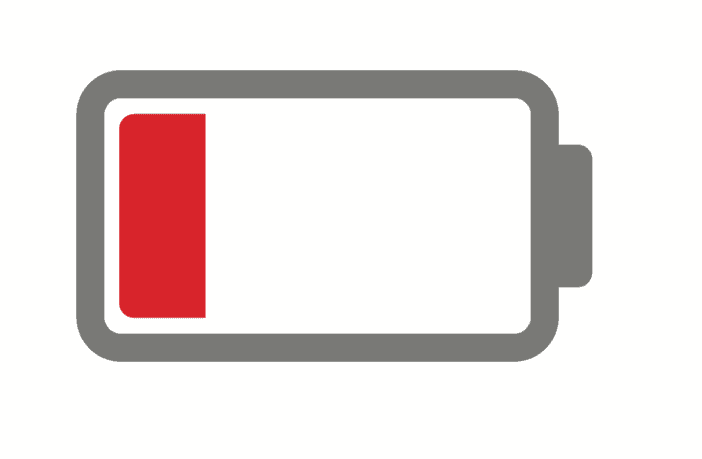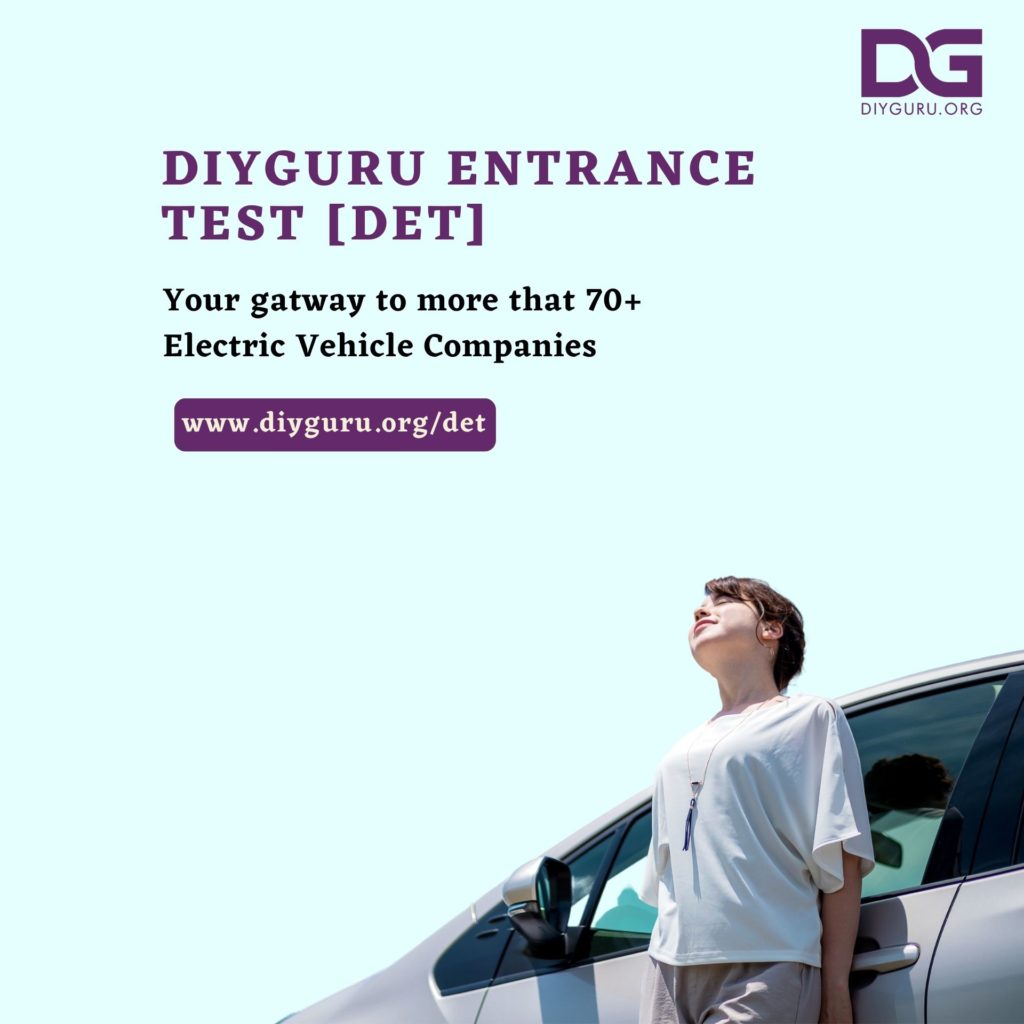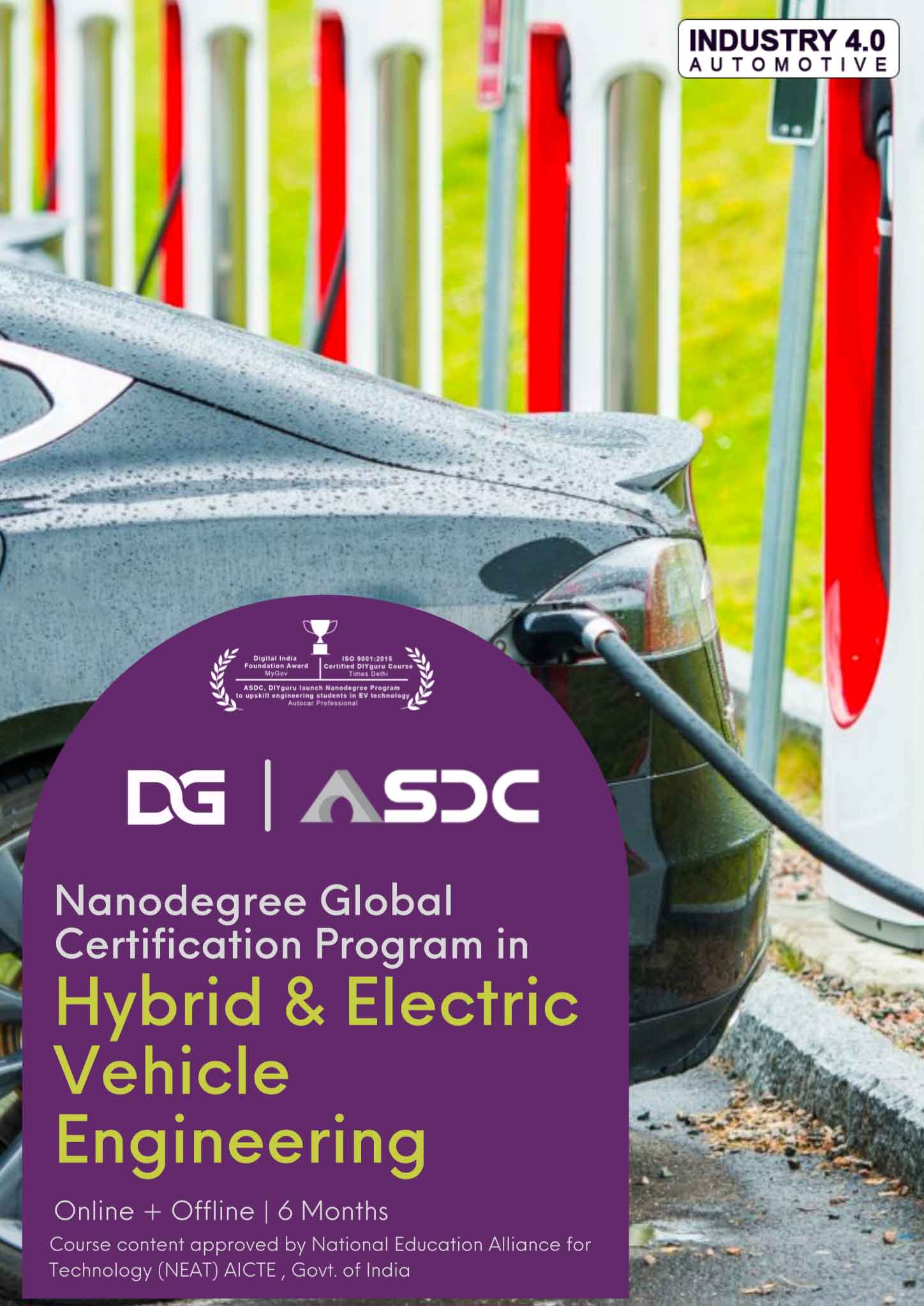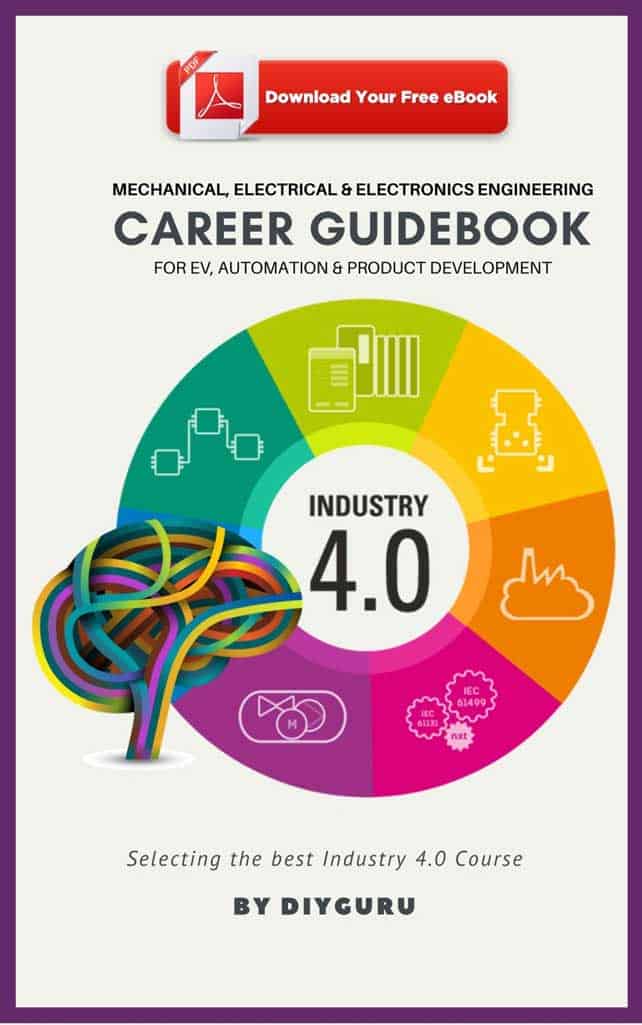As automotive companies are electrifying their fleets, lithium-ion battery demand is predicted to grow almost 10-fold from 2020 through to 2030, but can supply meet this demand?
Volkswagen has a target of producing 1.5 million EVs by 2025 and have entered a joint venture with Northvolt to build a 16 GWh Gigafactory in Germany to ensure supply. Details of new and expanded Li-ion capacity in Europe are being announced regularly, as the need for electrified transport becomes clear. Comparing the announcements for Li-ion factories to be located in Europe before 2018 and in 2020, provides a stark example of how quickly investment has entered the Li-ion market and Europe’s desire to control some portion of production.
Despite this, the majority of capacity in 2020 is both located in China and owned by Chinese companies. Much of this comes from lesser-known Chinese companies offering LCO and LFP batteries for consumer electronics and e-bike applications. These batteries are rarely qualified for electric cars, trucks or buses. But electric vehicles, where performance requirements are most demanding, already make up the majority of demand. Though total Li-ion production capacity outweighed demand in 2019, IDTechEx estimate that the largest manufacturers, including the likes of LG Chem, Panasonic, Samsung and CATL (excluding Tesla and BYD), did not have the combined production capacity to meet Li-ion demand from electric vehicles. This provides some perspective on the various reports of auto manufacturers struggling with battery supply. In the short-term, there may continue to be a deficit of Li-ion batteries suitable for electric vehicles. However, with considerable investment into gigafactories, which can take <2 years to build and come online, cell production is unlikely to stifle electric vehicle growth past 2021/22.
While cell production capacity is unlikely to be responsible for supply constraints, raw materials are a different question. Bringing a new mine online can take 5-10 years but the relatively low Li, Co and Ni spot prices currently being seen may not incentivize the necessary investment, posing valid questions as to whether sufficient investment is taking place to meet mid-long term battery demand. A newly updated report from market intelligence firm, IDTechEx, provides a comprehensive overview of the Li-ion market with commentary and analysis on the bottlenecks that may hinder it. The report evaluates various aspects of the Li-ion market and technology and includes cell cost analyses, player strategies, technology developments and forecasts of Li-ion demand.
Learn more about Electric Vehicle Battery Technology through DIYguru 12 Weeks Online Course made in partnership with E-Mobility Companies (Hyundai, Bosch) and accredited by Automotive Skills Development Council. Click Here to Register












 Course work & interactions are 100% online.
Course work & interactions are 100% online.












0 responses on "Could there be a shortage of lithium-ion batteries for electric vehicles?"